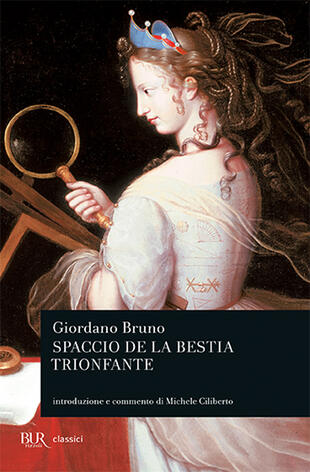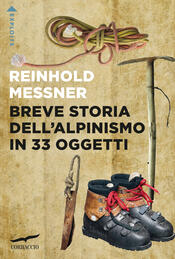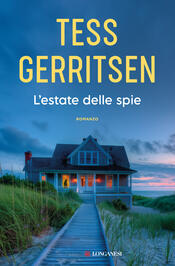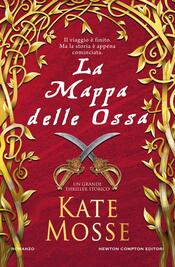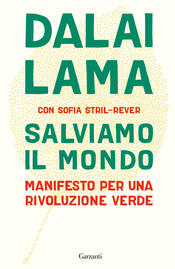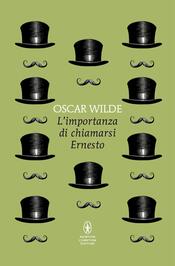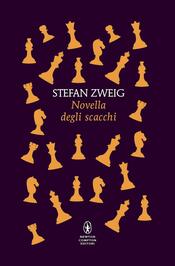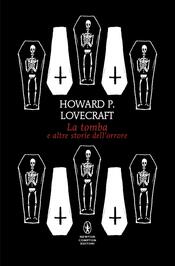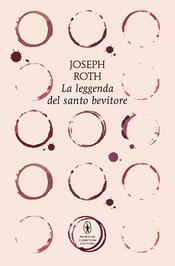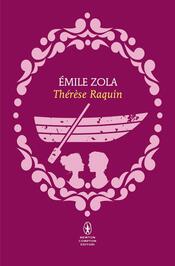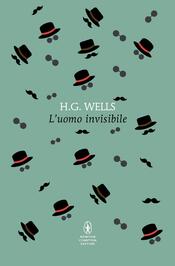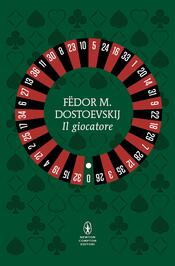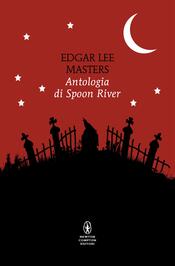Sinossi
Pubblicato a Londra nel 1584, lo "Spaccio de la bestia trionfante" sostiene l'urgenza di una riforma morale: bisogna "spacciare" i simboli e i culti negativi che infestano l'animo umano. I tre dialoghi che compongono il volume si svolgono tra gli dei, convocati da Giove per liberare i cieli dalle bestie che hanno dato il nome alle costellazioni e che simboleggiano le false virtù. Giove spiega che i culti sono stati istituiti dagli dei solo per far vivere gli uomini nella pace: non esistono, quindi, religioni vere e religioni false, esistono religioni utili e religioni dannose. E l'efficacia di una religione si può misurare solo sugli effetti positivi o negativi che produce nella società. Attraverso una critica dell'etica cristiana, Bruno si fa così sostenitore di un audace progetto politico, che intende porre il culto religioso al servizio dello Stato e della pace.
- ISBN:
- Casa Editrice:
- Pagine: 320
- Data di uscita: 12-09-1985
Recensioni
More arcane allusions to mythology than mortal brains can handle. In a nutshell: "the Earth is not the center of the universe, and other reasons to get burned at the stake," should have been the subtitle, but look at the title itself; that should have been the subtitle, and a new title should've bee Leggi tutto
This was an excellent, though difficult to source, work. Bruno is brilliant. He echoes a lot of Platonic and Pythagorean thought. This makes sense to those well versed in Plato, as the former is merely a refinement of the latter. What is tantalizing about Bruno is the possibility that he had access
What?! Only 3 stars for Giordano Bruno?! That's BLASPHEMY! Bruno is a fascinating & important figure to me - as are, probably, all 'heretics' - & I'll continue to read things by him (I have another in my library) but I think I'm too removed from his time to fully appreciate this. It was too esoteric Leggi tutto
Four-hundred twenty years after his burning at the stake, the nolan's philosophic insights and mordant humor remain compelling. The Expulsion of the Triumphant Beast will be more difficult for readers lacking at least a cursory education in Hellenic and other classic mythology—I kept my encyclopedia Leggi tutto
Wonderfully batshit insane -- the Deleuze of the sixteenth century.
to read the description of this book - and the reaction of the Roman Catholic Church to it - one would think that it was capable of summoning satan... unfortunately, i can attribute no such power to this book. in fact, it often seemed to me to be a classic Millenial text that the RCC has used to prom Leggi tutto
Having recently concluded Ovid's Metamorphoses, it seemed apt to read a similar "classic." The Expulsion of the Triumphant Beast may not be as well known, but it IS considered the quintessential work by Giordano Bruno. Bruno was a monk from Naples that in the later stages of the sixteenth century wo Leggi tutto
This is basically proto-Nietzschean thinking and it surpasses the former as it enacts a deeper and more structured transvaluation of value and meaning. Bruno’s work is concerned with true superiority, not as domination or mere power, but as the establishment of a new internal hierarchy within the so Leggi tutto
Citazioni
Al momento non ci sono citazioni, inserisci tu la prima!
